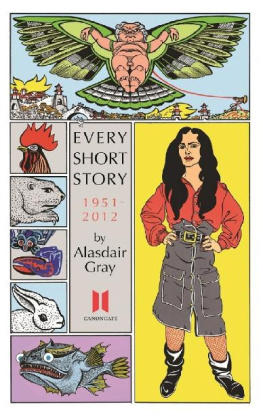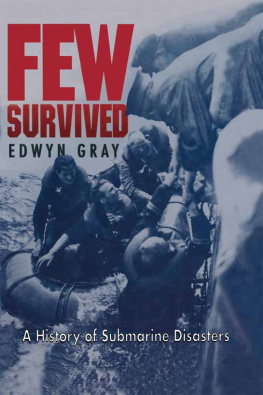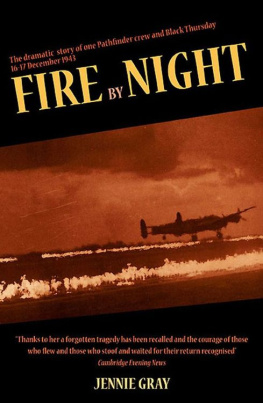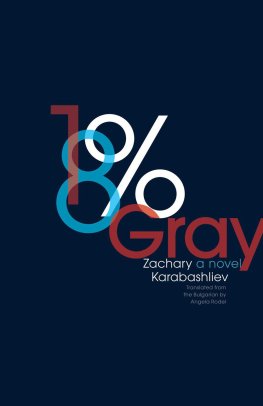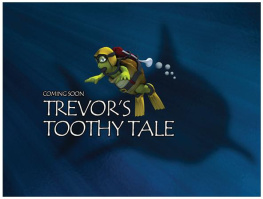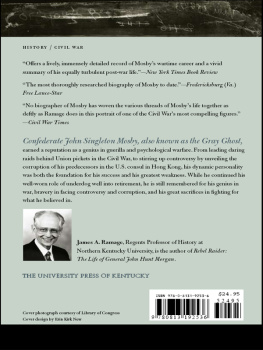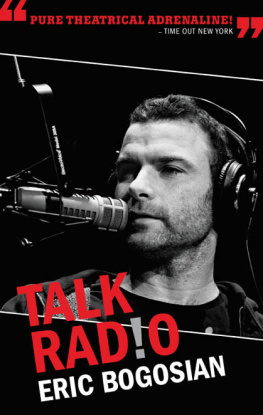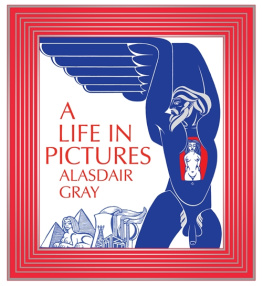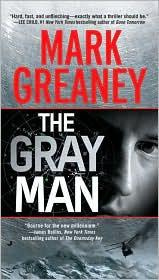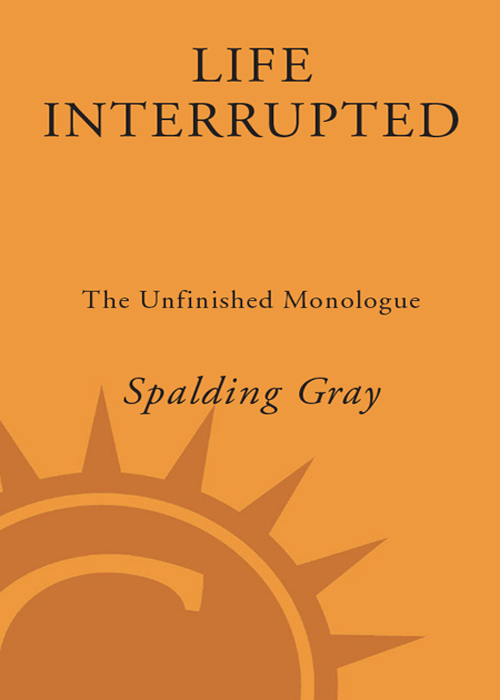
Spalding Gray
life interrupted
THE UNFINISHED MONOLOGUE

CROWN PUBLISHERS
NEW YORK
contents
FOREWORD
By Francine Prose
FOR MARISSA, FORREST, AND THEO
AND OTHER SURVIVORS OF SUICIDE
acknowledgments
Kathleen Russo would like to thank the following people for making this book possible:
Suzanne Gluck for always believing in Spalding and his work.
Annik LaFarge for her commitment to and enthusiasm for this project, her assistant, Mario Rojas, and the entire staff at Crown.
Stokes Howell for listening to every word.
Mark Russell and the staff at P.S. 122 for presenting Spalding and helping him develop the piece.
Jamie Askin, Katherine Atkinson, Josh Blum and the staff of Washington Square Arts/Films, Nancy Campbell, George Coates, Gracie Coates, Joe and Joan Cullman, Leon Falk, William Farley, John Fine, Ted Fine, Norman Frisch, Alison Granucci, Jim and Muniera Griffiths, Tamara Hill, Coleman Hough, Janet Jacobs, Jennifer Lambert, Colleen Larkin, Julie Nives, Doug Pepper, Pallas Pidgeon, Rev. Billy, Susan Roxbury, Richard Shechner, Liam Scott and family, Mary Shimkin, Paul Spencer, Philip Stanton, Barney Strauss, Marlene Swartz, Marcelle Tosi, and all the people who supported the evolution of Life Interrupted.
Howie Michaels and Francine Prose.
Bernard Gersten and the Lincoln Center staff.
Patrick Murphy, Patricia Murphy, and all the nurses who worked with Spalding in Ireland.
Claire Callahan and all the warm people from Ireland who opened their homes to us.
Tara Newman and Caroline Beegan for being there after the accident.
John Perry Barlow, Lorraine and Alex Cooper, Terry Hyland, Donald Lipski, the Harringtons, and everyone who helped us in the States after the accident.
To Deirdre Guest, Harbor Music, Jennifer Houser, Kevin Inkawitch, Ken Kinna, Janet OBrien, Dale Scott, the Stelle family, Sara Vass, Cati Von Milders, the Whaling Church staff, the Whelen family, Rez and Lucy Williams, the Wooster Group, and everyone who helped with both memorials.
Teresa and Cienna Quinn for always being there when we need them.
To Robby Stein, for his ongoing support and love and for being the best godfather to the children.
To Spaldings best friend, Ken Kobland. For almost forty years, Spalding cherished your conversations and companionship. Thank you for your unconditional love.
Spaldings brothers, Rocky and Chan, and their families, Mom, Dad, Karen, Duke, Peter, Maureen, Paul, Marissa, Forrest, Theo, and the rest of the Russo/Gray clan for their love and support.
Dave O for his compassion and love.
Most of all, to Spaldingmay his stories go on forever...

foreword
By Francine Prose
Years ago, I heard a novelist say that his most cherished fantasy was to sit at a small wooden desk in the middle of Yankee Stadium. On the desk he would have his typewriter, the tall black old-fashioned Royal to which he had a superstitious attachment, and which turned writing into a form of fairly strenuous physical exercise. Hed write a sentence; the crowd would watch. Another sentence, and he could sense the fans moving toward the edge of their seats. And then at last he would write a particularly brilliant and beautiful sentence, and the stadium would erupt in a mad frenzy of applause, cheers, and whistles.
As far as I know, my novelist friend never got his wish. But its often occurred to me that what he imagined was an exaggerated but essentially accurate description of Spaldings working method.
Spalding wrote at a small wooden desk in front of an audience; the only thing missing was the typewriter. He constructed his monologues by telling and retelling his stories, and he revised them in public, from performance to performance. Stories would be added and dropped, shortened and lengthened, rearranged, emphasized and de-emphasized as, like most artists, he discovered what he was trying to do only in the process of trying to do it. In these early stages of a work, he was alwaysas he almost always wasmultitasking. He seemed somehow capable of talking and listening at the same time. Even as he was narrating anecdotes and episodes from his own life, he managed to be exquisitely attentive to how the audience was responding and to what he was getting back from the crowd. What stories were working, what was and wasnt making people laugh, the momentary lapses in attention and interest that a performer can feel opening up like black holes into which the entire evening can disappear.
Much of this would have been clear to fans who saw his work in various stages of completion. An early draft of Swimming to Cambodiawhich might well be Spaldings masterpiecewas four hours long, and was performed over two successive evenings. The final version, and the one that appeared in the film, was half that lengtha pared-down, concentrated, and improved version, though there were elements in the longer draft that I loved, and remembered, and missed.
In any case, what Spaldings friends knew was that, for him, the process of composing a monologue began long before he ever walked out on stage and sat behind his little wooden desk and took a sip from his glass of water. It began over dinner, or on the telephone, or during a chance encounter on the street, whenin response to a question about where hed been or what hed been doinghed pause, and then, completely deadpan, launch into the hilarious or horrifying account of all the bizarre things that had happened to him since the last time wed seen him.
In his famous essay The Storyteller, the critic Walter Benjamin quotes a German proverb: When someone goes on a trip, he has something to tell about. And to those of us who knew and loved Spalding, it always seemed as if he were just going on, or returning from, a trip, even when the journey had taken him no farther than a walk through the neighborhood he so loved, downtown Manhattan. He adored the city, and adapted to the ways in which it changed even as he fiercely held on to an image of how the city used to be in the rougher and more bohemian 1970s, when he had arrived in Manhattan; at that time, SoHo was still an artists community, a small village of painters and poets and actors, and had not yet turned into an upmarket mall. He felt a great tenderness for New York, and for the great variety and vitality of its residents. And his DearNew York City is an expression of that tenderness, a love letter to the city at its most wounded and vulnerable moment, to that island off the coast of America where human nature was king and everyone exuded character and had big attitude.
All Spalding had to do was walk out his front door and odd people gravitated to him, strange things happened, things that would not have happened to anyone else. And what his accounts of his childhoodincluding the stories in Sex and Death to the Age 14suggest is that he was somehow born that way, born with the capacity to see and hear and experience a little more, a little more deeply and widely, than most everyone else.
Part of what made him such a magnet for the unusual, such a likely mark for the demented ravings of every sort of obsessive, crank, extremist, and lunatic was his absolute openness, his commitment to considering every possibility, to refrain from judging, from jumping to form the sorts of quick, facile, conventional opinions that most peoplewell, most



